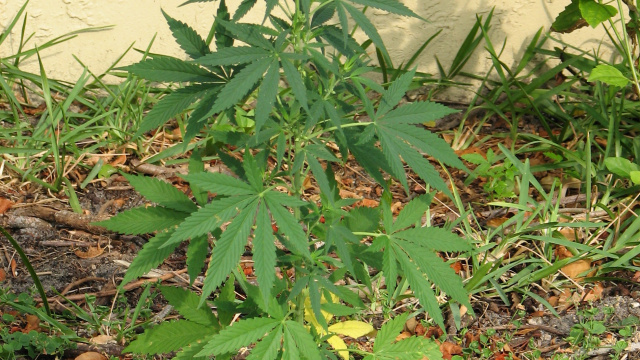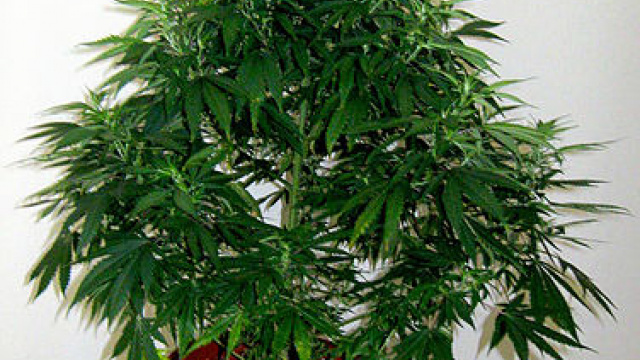 Prohibition doesn’t work. Not in alcohol. Not in marijuana. Human nature is just too natural for such prohibitions to work beyond the scale of individuals and families.
Prohibition doesn’t work. Not in alcohol. Not in marijuana. Human nature is just too natural for such prohibitions to work beyond the scale of individuals and families.
This is what the Oglala Sioux Tribe decided last week in a historic, and extremely close referendum at the infamous Pine Ridge Reservation in South Dakota. For the first time in 124 years, and after months of intense campaigning, they decided to permit the sale of “firewater.” Why? Because bootlegged booze has created “some of the highest rates of alcoholism in Indian Country and alcoholism is often connected with the high rate of domestic abuse, suicide, birth defects and violent crime on the reservation.” This quote comes from the Rapid City Journal on Aug. 15, which headlined this story.
By legalizing sales, the tribe will have the power to bankrupt the predatory liquor stores that line the edge of the reservation; regulate consumption, especially for children and pregnant women; and raise tax revenue for programs dealing with substance abuse and fetal alcohol syndrome. The Journal article featured a great-grandmother as the primary caretaker for her great-grandchildren because her granddaughter is alcoholic. Nevertheless, she and 1,678 others voted to keep the reservation “dry” to prevent even worse conditions. Worse than what? Three generations out of commission instead of two? Luckily, a slight majority of 1,843 voters carried the day to create a “wet” reservation.
This was big news for me last week because I was visiting family in my hometown of Bemidji, Minn., which has a large population of Native Americans, many of whom still resemble the historic photographs of ethnologist Edward Curtis. The largest nearby reservation, Red Lake, remains dry, even though it hurts their casino revenues and has done little to restrict the social damage of alcohol.
The dry status of Red Lake echoes the 18th Amendment to the U.S. Constitution, which banned alcohol sales on the premise that society would benefit. The new wet status of Pine Ridge echoes the 21st Amendment, which repealed that law because the negative consequences outweighed the positive, most importantly the flagrant disregard for the rule of law by otherwise law-abiding citizens.
The Pine Ridge vote also echoes recent trends in marijuana legislation. Twenty states and the District of Columbia have legalized medical marijuana even though the federal government doesn’t recognize the benefit. Connecticut is among them. In fact, East Hartford is considering an enormous facility for growing medical weed. The community stands to benefit from the new jobs and taxable revenue. Connecticut and 16 other states have decriminalized possession even though pot remains illegal at the federal level. And two states, Washington and Colorado, have legalized adult possession. In fact, a pot festival was underway in Seattle when I wrote this column, and the police were handing out munchies instead of citations. Given these trends, it’s only a matter of time before the prohibition against marijuana is repealed nationally.
This will not come without social costs. As parent, I fear for the neurological consequences of heavy pot use on teenage brains. As a teacher, I fear for the work ethic of a rising generation. As a citizen, I fear for the loss of workplace efficiency, the higher incidence of workplace accidents, and for the associated costs that I will share as a taxpayer.
Obviously, there is no good solution at the government level. Prohibition creates more problems than it solves. Regulation is costly and onerous. The only good solution is personal choice.
Like most of my cohort, I have personally experienced the pleasures of alcohol and marijuana use, and have witnessed the dangers associated with their abuse. For me, the disadvantages of both substances outweigh their advantages. I’m better off without alcohol because it was cramping my style and putting me to sleep. And, I’m better off without dope because – when I dallied with it decades ago – – it distorted my reality and robbed me of my initiative.
Without my initiative, I’d be little more than a lotus-eater mooching off others.



Leave a Reply